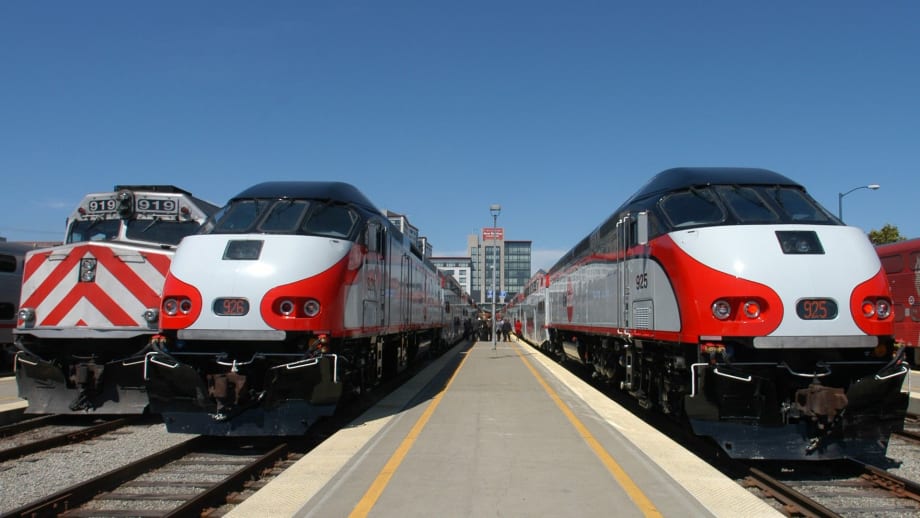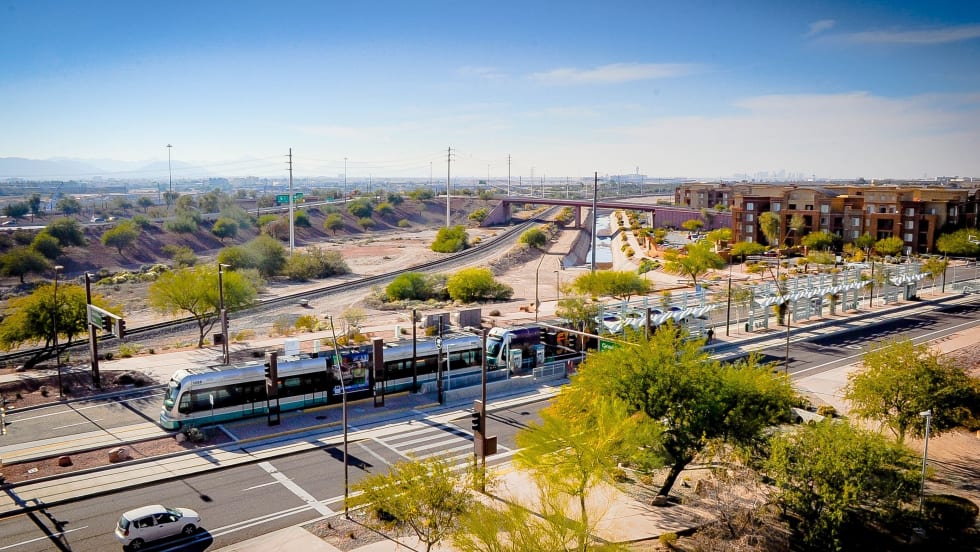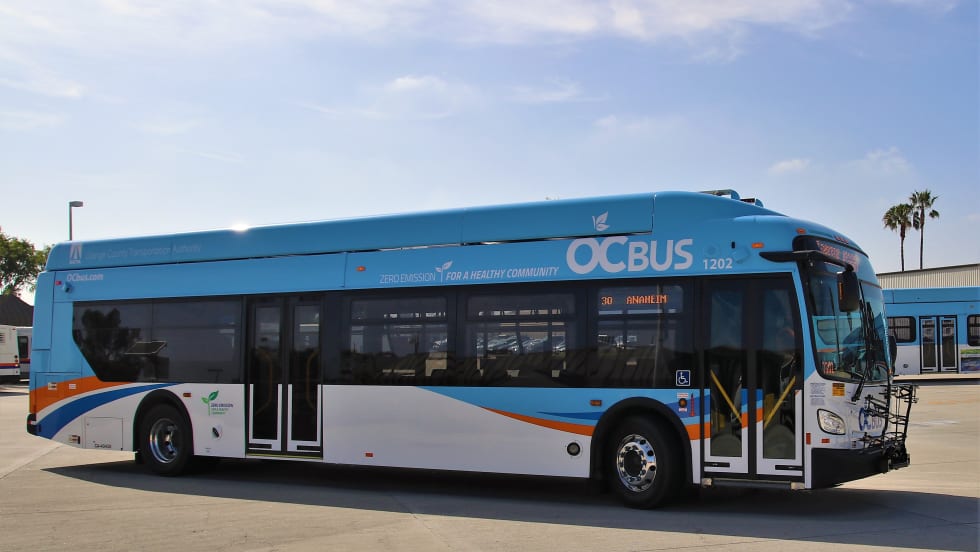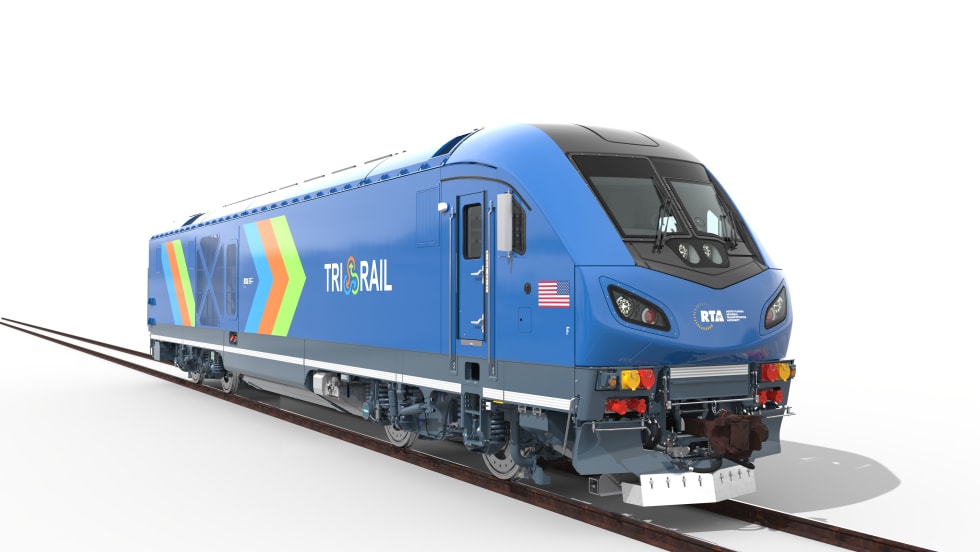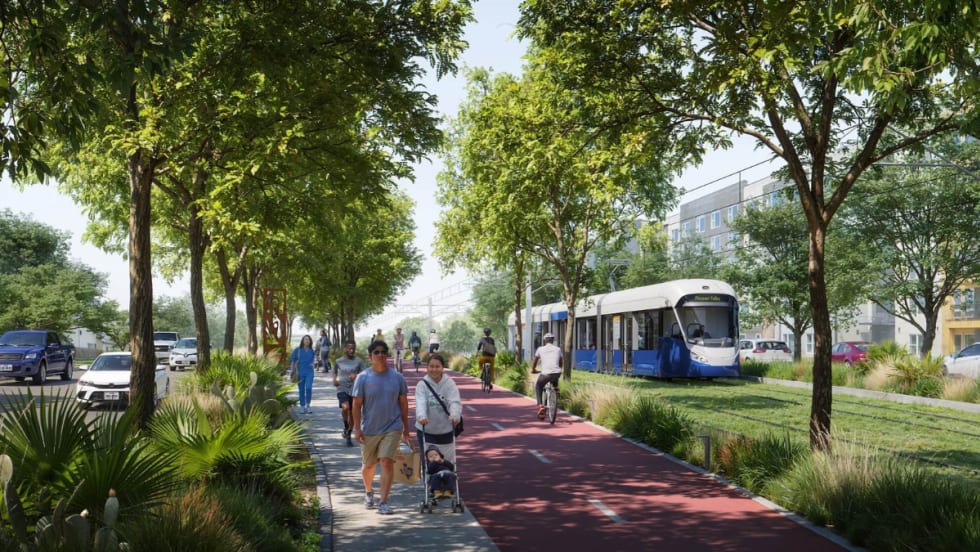The electrification of Caltrain has reached another major milestone as electric trains operated under power from the overhead contact system (OCS) for the first time.
Initial tests will be conducted between Santa Clara and College Park Stations on the Santa Clara Drill Track. Test runs will expand to the main track, between San Antonio and San Jose Diridon stations this summer.
“The start of testing for our new electric trains marks an historic moment for our agency, symbolizing tangible progress towards electrification” said Caltrain Executive Director Michelle Bouchard. “It signifies a future of improved service, reduced environmental impact and a more reliable experience that will benefit both our riders, and the communities that we serve.”
New Electric Trains, New Customer Features
Electric trains are quieter than Caltrain’s current diesel fleet, so the public is advised to pay close attention when crossing the tracks and to always wait for the gate to fully rise before crossing.
Caltrain’s historic Electrification Project is the first undertaking in North America in a generation in which diesel trains and their infrastructure components are transitioned to an electrified system.
The project will improve the customer experience by increasing the number of trains, modernizing service, and adding new safety elements. The new trains will feature on board displays with digital trip information, increased storage capacities, baby-changing tables, Wi-Fi, and power outlets at every seat.
Meeting Air Climate Goals
Electrification will also help meet ambitious regional and state climate action goals by lowering greenhouse gas emissions, improving air quality, and relieving traffic congestion.
Additionally, electrified service will advance equity along the corridor by reducing noise and air pollution while increasing access for priority equity communities. It will also set the framework for California’s future High Speed Rail network that will run on the Caltrain corridor.




